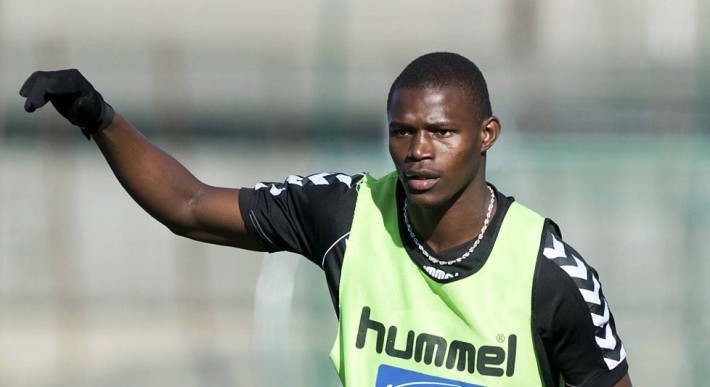Stéphane Badji Reflects on Senegal’s Disappointing AFCON 2015 Exit
Senegal international Stéphane Badji has opened up about the disappointment and personal frustration he experienced during the 2015 Africa Cup of Nations (AFCON), where the Lions of Teranga exited in the group stage despite high expectations.
In an interview with Wiwsport, the former Casa Sports midfielder admitted the campaign in Equatorial Guinea, particularly the match against Algeria, left a lasting mark on him.
“As a competitor, I was personally disappointed with my performance. I don’t hide that,” Badji said. “I started the tournament in the starting XI, but by the second match I was on the bench. That led to a lot of self-doubt, and it definitely affected my mindset when I returned against Algeria. That match was complicated—for me and for the whole team.”
Senegal had entered the tournament as one of the favourites, boasting a talented squad widely regarded as one of the strongest in the competition. However, their campaign unravelled in Mongomo, where lapses in communication and cohesion proved costly.
Reflecting on the key moment in the match against Algeria, which saw Senegal concede the opening goal, Badji said: “There was a lack of communication between Lamine Sané and me. It disrupted our defensive shape—we didn’t know who was supposed to close down on the right or left. If we’d avoided that misunderstanding, we could’ve had a much better match.”
Senegal ultimately failed to advance from a challenging group that also included Ghana and South Africa. For Badji, who was making his first major tournament appearance for his country, the early exit was particularly hard to swallow.
“You know, it’s never easy to forget a tournament like that, especially when you’re playing in it for the first time,” he admitted. “It was a real blow.”
Despite the disappointment, Badji’s candid reflection underscores the pressure and mental toll that major international tournaments can take on young players. His experience serves as a reminder of the fine margins at the highest level—and the importance of resilience and communication in a team’s success.











